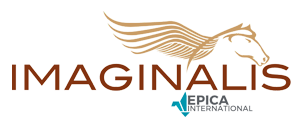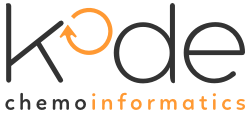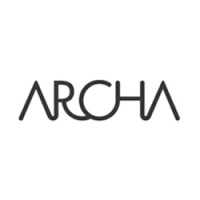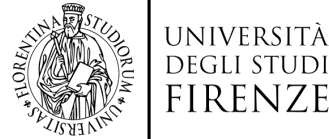-
Imaginalis, a company of the Epica International group, was founded in 2013 as a result of a project co-financed by the Tuscany Region, lead by El.En. S.p.A., in the opto-mechatronics cluster . The result of the project was the development of an innovative Tac 3D imaging technology at high spatial resolution for stratigraphic analysis. This technology has been applied to the veterinary field, developing automated and robotic Tac for small and large animals with three-dimensional technology, developing software to compensate for the movement of animals. The versatility of the solutions identified allows their application also in the productive sectors, for example in the manufacturing of leather and food, thanks to the non-destructive tests associated with the very high resolution scans. Imaginalis is developing imaging and robotic surgery applications driven by both veterinary and human 3D images.
-
IngeniArs S.r.l. was founded in 2014 as a spin-off of the University of Pisa with many years of experience in research in the fields of electrical engineering and computer science, with the aim of transferring to the market the important results achieved by the group of engineers co-founders in space, telemedicine and automotive. In the telemedicine field, IngeniArs has developed E@syCare, an innovative family of advanced and interactive gateways for telemedicine, born from collaborations with medical personnel, designed for remote monitoring of the main vital parameters and lifestyle of chronic patients suffering from diseases such as heart failure, obstructive pulmonary disease, diabetes, hypertension, etc.
-
IVTech, founded in 2014 as a spin-off of the University of Pisa, provides technology and services to customers who need to refine their in-vitro models, being a key partner in order to develop in-vitro models more correlated with human reality IVTech produces advanced cell culture chambers that can be used to test relevant portions of tissues (i.e. biopsy), 3D scaffold colonized by cells, floating spheroids and 2D/3D models developed with cell lines. IVTech philosophy is that in order to obtain a more predictive in-vitro test, it is required a technology which allows for a better mimicking of the real human environment. In particular if tissues are exposed to a stimulus similar to the pato-physiological one (i.e. 3D topology, dynamicity and cross modulation) also their in-vitro response will be closed to the real one. Therefore the R&D activities of the Italian company are focused on the design and production of new chambers to implement the pato-physiological stimuli of different tissues. The technological expertise and the importability of standard cell culture protocols and analysis represents one of the key aspect in respect to competitors products.
-
Kode Chemoinformatics provides services and products in the field of chemoinformatics, for industries (chemical and pharmaceutical) and research (institutions, universities, regulatory authorities). It has expertise on all chemoinformatics topics regarding chemical data management (the management and analysis of chemical compounds, database development, screening and research instruments) and data analysis using chemometric instruments and machine learning techniques (in particular, QSAR/QSPR modelling for drug design and eco-toxicological screening). Kode Chemoinformatics develops chemoinformatic software applications, such as VEGA (application with several eco-toxicological QSAR models) and ToxRead (read-across on several eco-toxicological end-points, and it provides QSAR modelling services (model development and validation) and support for application of existing QSAR models (for regulation or R&D activities). It can develop and provide the most suitable software solutions for any specific need. Kode Chemoinformatics is a subsidiary of Kode Srl and it is involved in several regional and European projects.
-
ARCHA, an acronym for Applied CHemical Analysis and Research, was founded in 1989 by a pool of chemical professionals as a cutting-edge laboratory for analysis and research in the chemical field. Today, ARCHA has grown and expanded its activities, organized in the three sectors of Technology, ICT and Industrialization, within which different areas of competence and/or different companies of the group are referred to. ARCHA is a qualified partner for the development and characterization of innovative products in all the various phases and aspects, from conception, to research and development, start-up, environmental impact assessment, safety, management and control software, up to industrialization and commercialization. ARCHA is also a training agency for training and cultural and professional growth in technical and specialist fields.
-
Via Santa Marta, 3 - 50139 - Firenze"The laboratory operates both in the context of research agreements and technology transfer commissioned by private entities and in the framework of projects funded by public bodies (regional, national, EU) in the areas of Computer vision and reverse engineering, Development methodologies and virtual prototyping, Rapid prototyping, environmental and industrial acoustics. The main areas of competence are: - 3D scanning and reverse engineering; - dimensional, aesthetic and colorimetric control of industrial production; - artificial vision applied to the cultural heritage industry and sector; - dimensional, aesthetic and colorimetric control of industrial production; - additive manufacturing (3D printing, rapid prototyping); - multiphysics numerical simulation (FEM, Multibody); - mechanical design, CAD systems and design automation tools.






